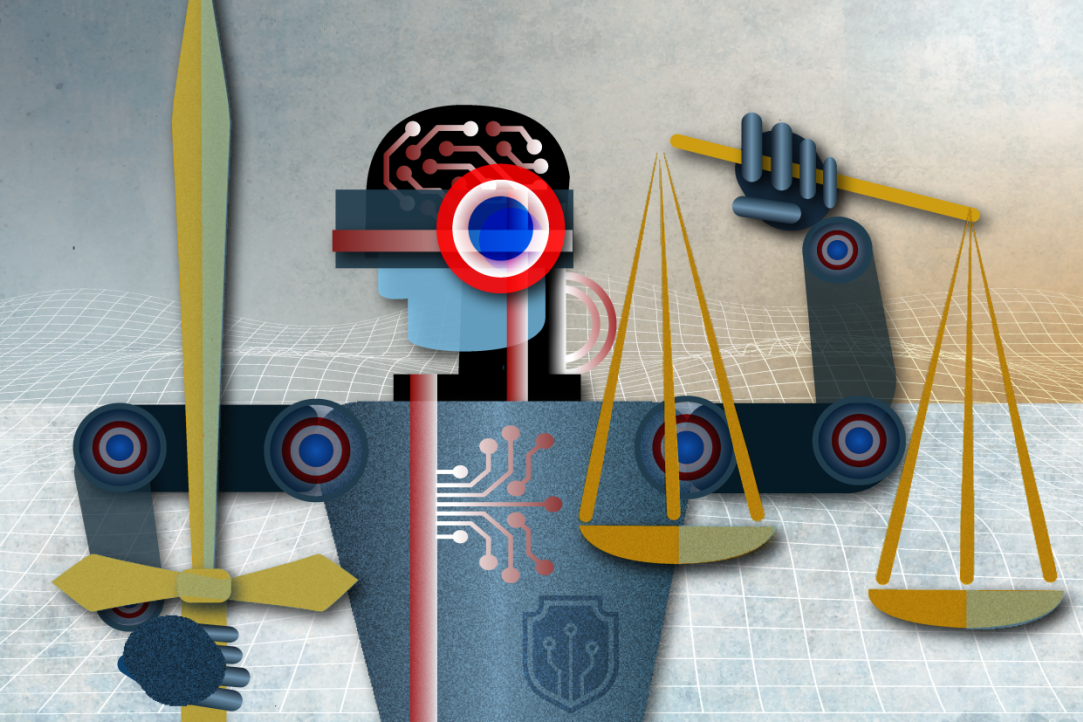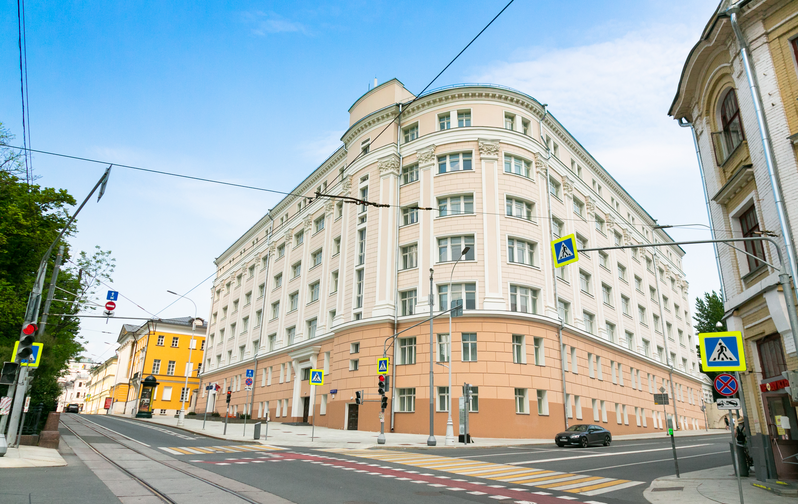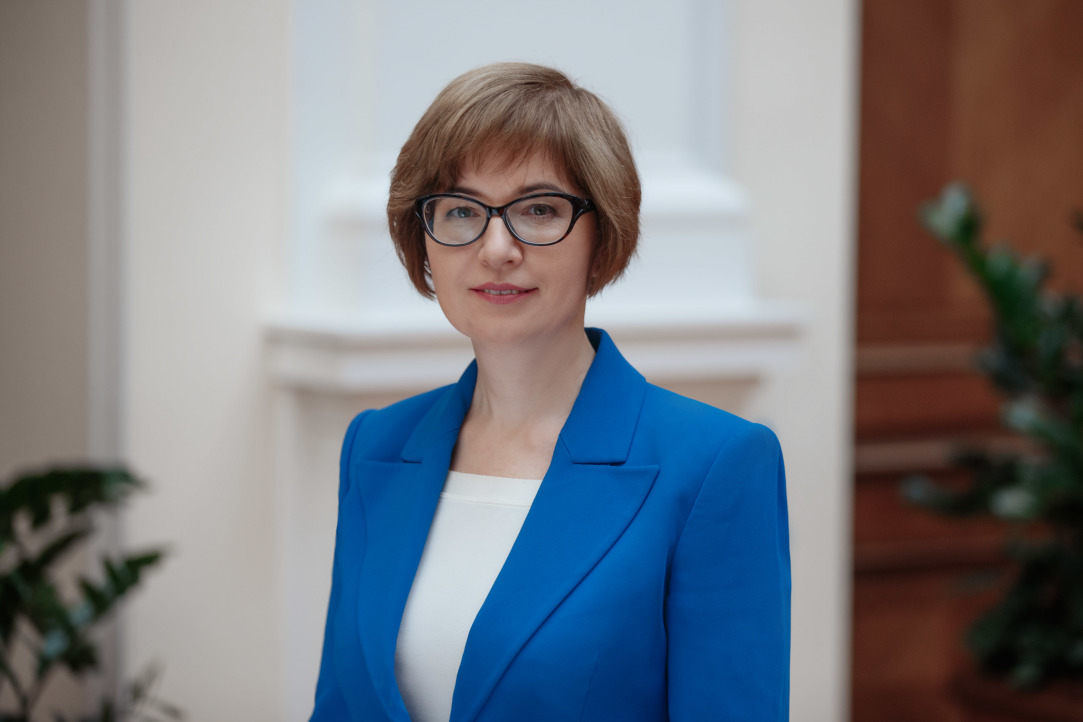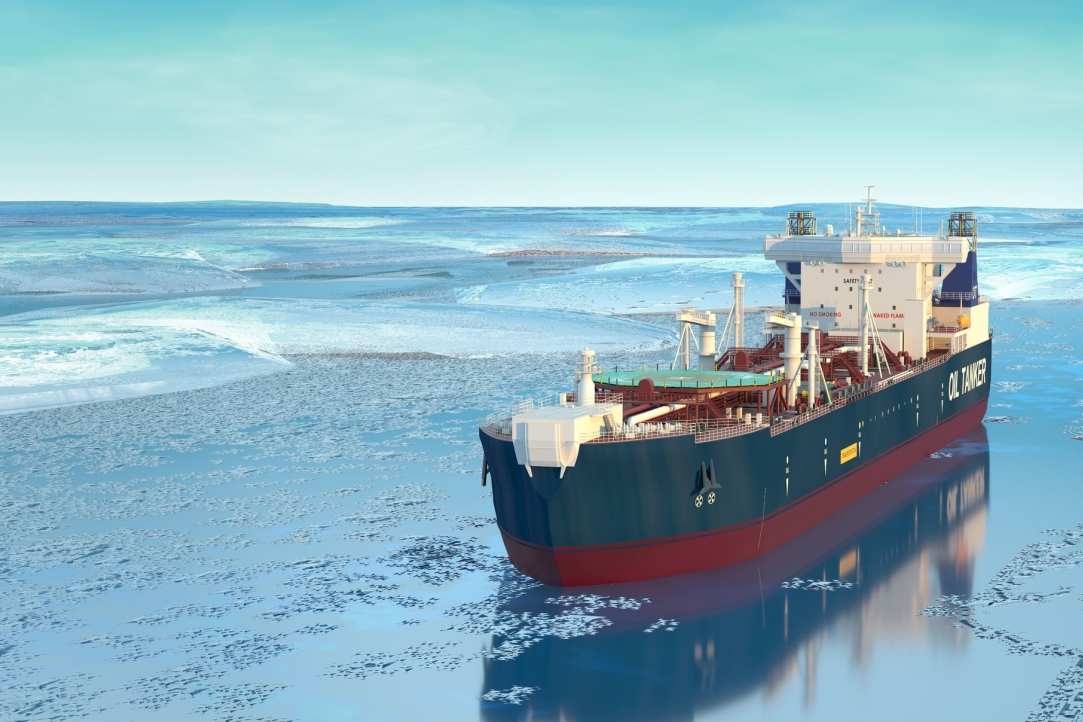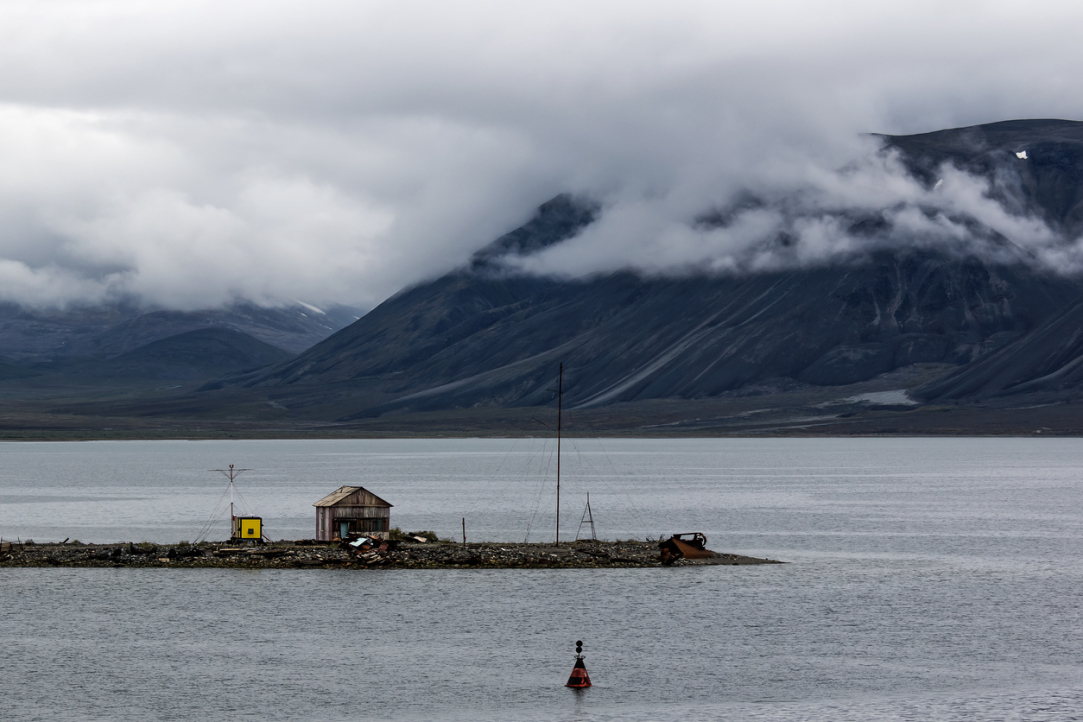The Arctic is not only a strategic outpost in geopolitical affairs, but also a region with difficult living conditions. At the same time, global warming causes melting of glaciers and permafrost, changes in terrain, environmental pollution and negatively affects the living conditions of indigenous peoples. These and other topics were discussed at the session ‘Problems of Arctic Development’ at the XXIII Yasin (April) International Academic Conference on Economic and Social Development.
